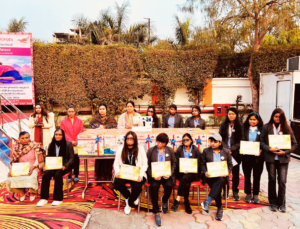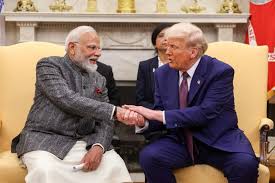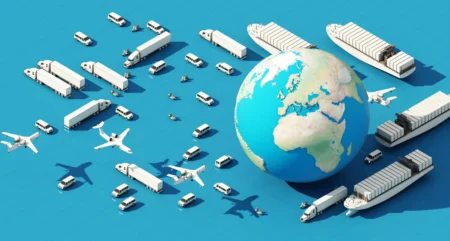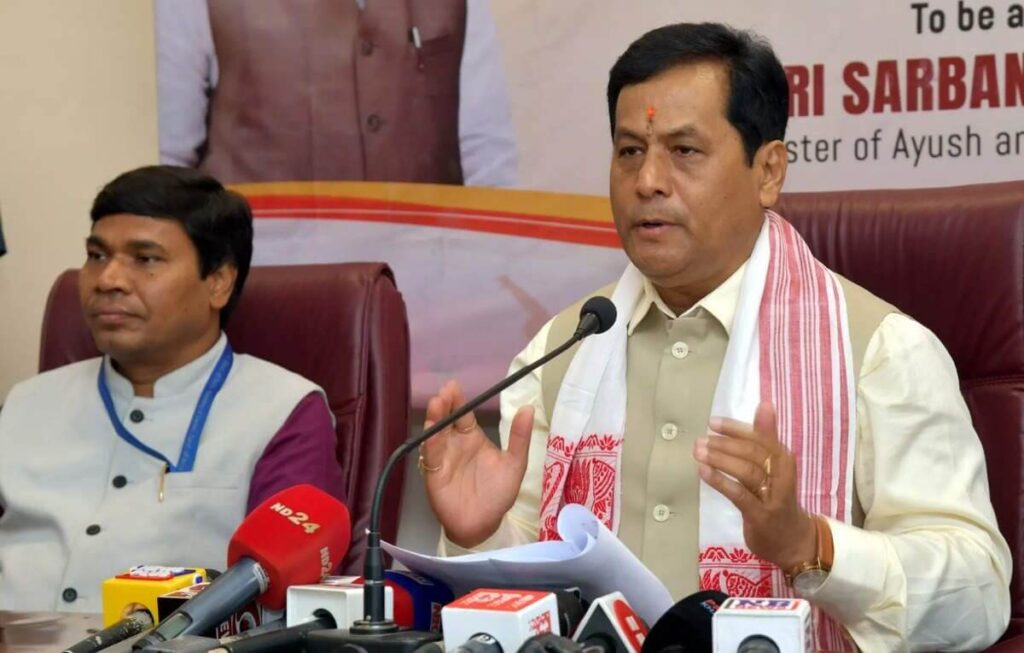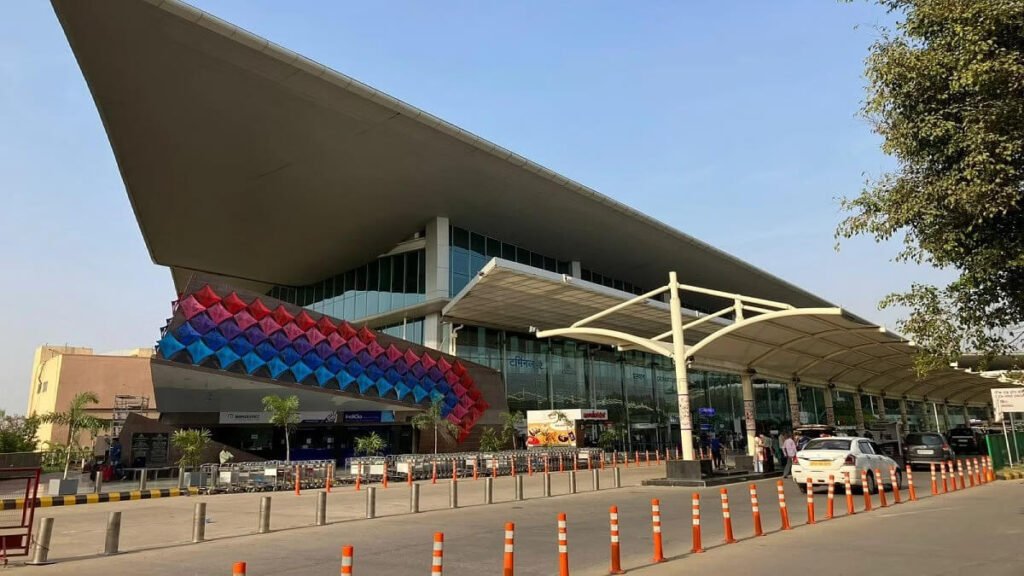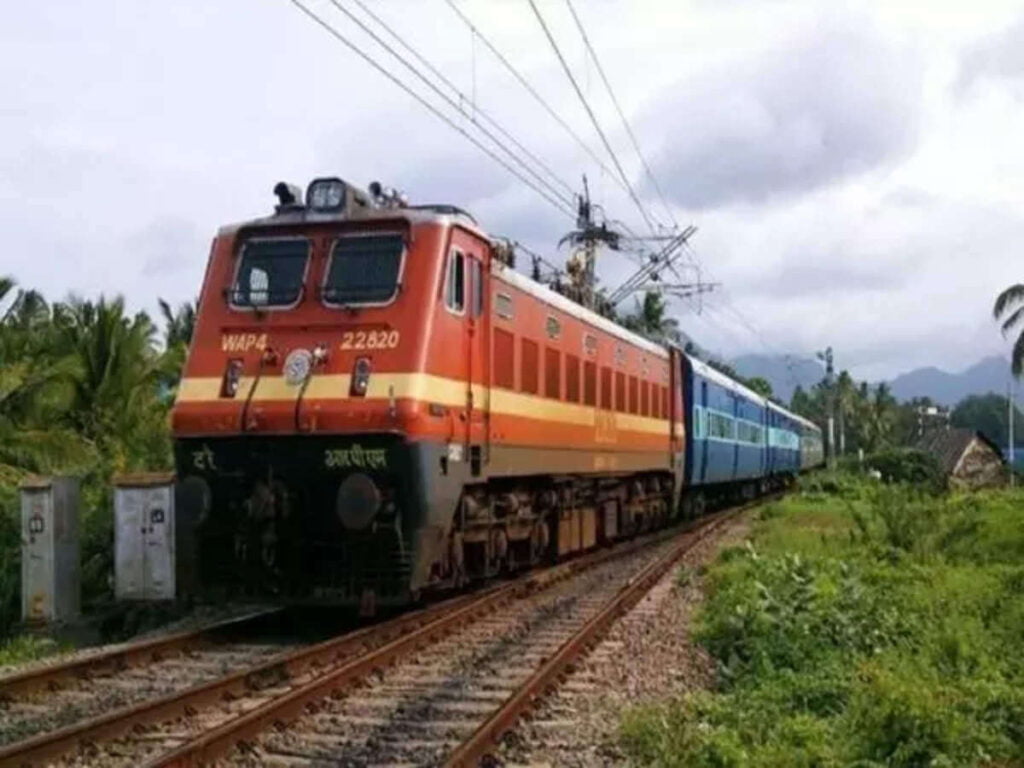14 participating nations in the Indo-Pacific Economic Framework (IPEF), including the United States (US) and India, have reached an agreement on supply chain resilience and diversification through information sharing and coordinated crisis response in a clear effort to lessen their reliance on China and prepare for future supply chain crises.
According to a statement released by the group, the IPEF supply chain council, supply chain crisis response network, and labour rights advisory network were established at the second in-person ministerial meeting of IPEF countries this weekend in Detroit.
The trade, clean economy, and fair economy pillars of the framework were also discussed by IPEF. Members who are interested have decided to launch a regional hydrogen initiative under the clean economy framework.
India is a member of three of IPEF’s four pillars but only participates as an observer in the trade pillar. Piyush Goyal, the minister of industry and commerce, virtually represented New Delhi at the ministerial. According to Goyal’s tweet, “Reiterated India’s commitment towards building resilient supply chains and a clean and fair economy to spur further growth in the region.”
US Commerce Secretary Gina Raimondo tweeted that she was pleased to report that IPEF had mostly finished discussions on a “first-of-its-kind” supply chain agreement when she made the announcement of the pact. It’s a major deal and the first time an international supply chain agreement bringing together 14 partners from the Indo-Pacific region will take place.”
The agreement must be finalised before going through each nation’s internal approval procedures. Australia, Brunei, Fiji, Indonesia, Japan, South Korea, Malaysia, New Zealand, the Philippines, Singapore, Thailand, and Vietnam are IPEF members in addition to the US and India.
The supply chain agreement, according to IPEF members, aims to improve the “resilience, efficiency, productivity, sustainability, transparency, diversification, security, fairness, and inclusivity of their supply chains” through both cooperative activities and individual actions by each state.
The other IPEF members reaffirmed their commitment to “craft high-standard, inclusive, free, fair, and open trade commitments that build upon the rules-based multilateral trading system,” even though India isn’t a part of the trade pillar.



